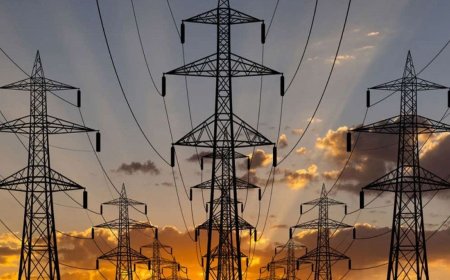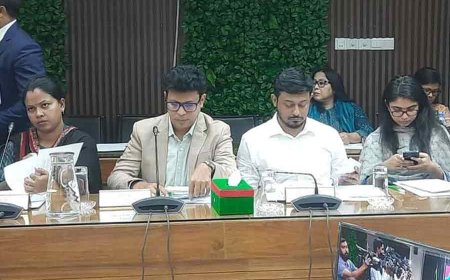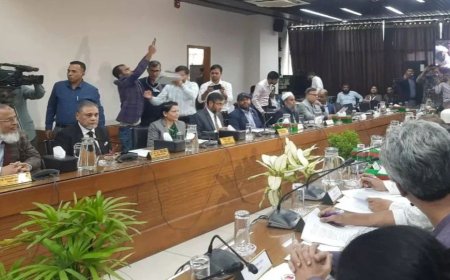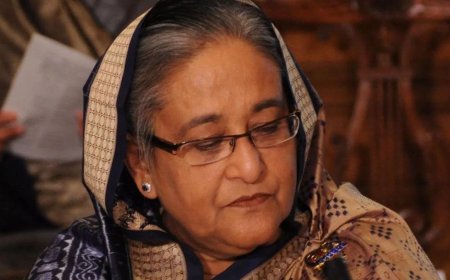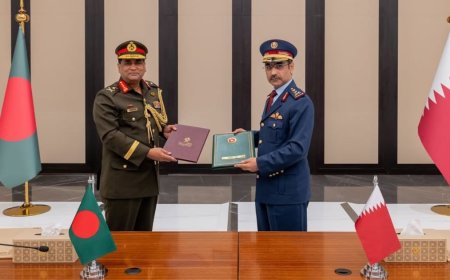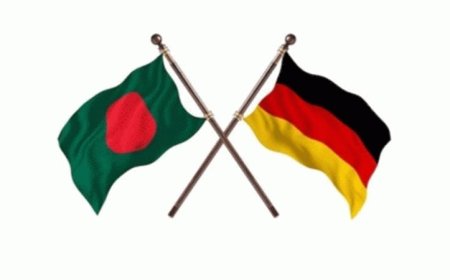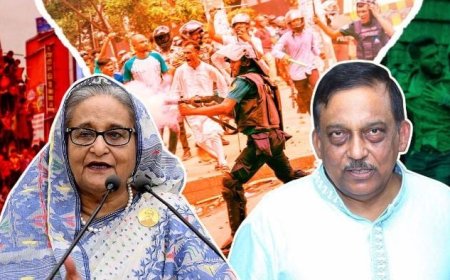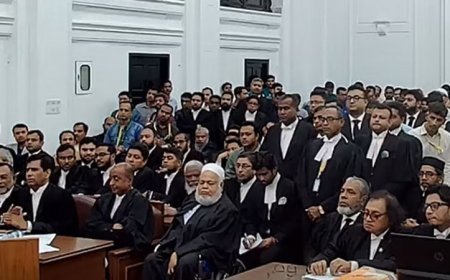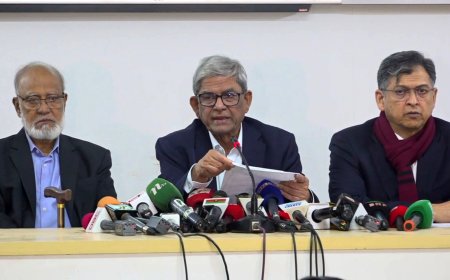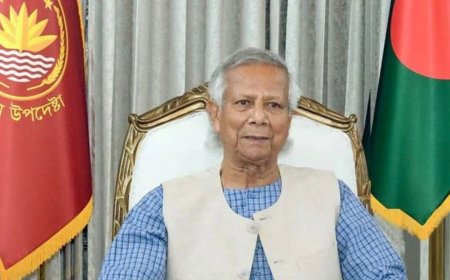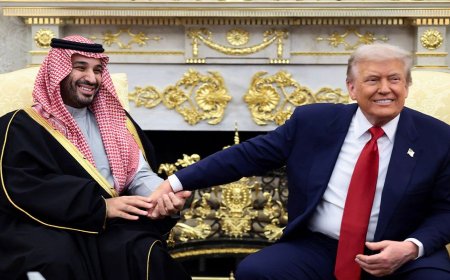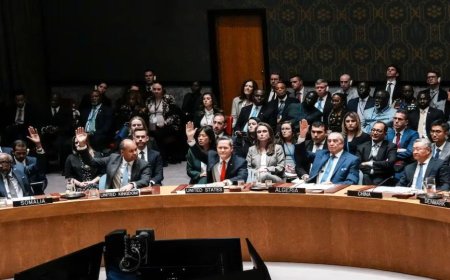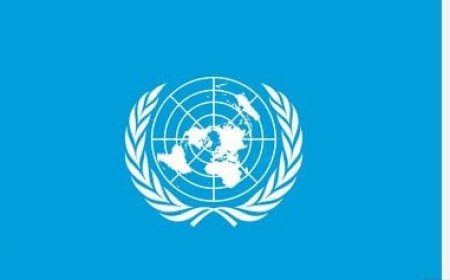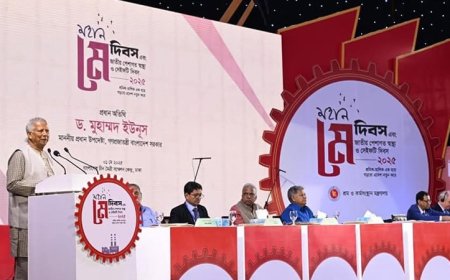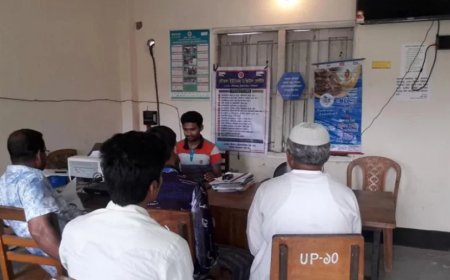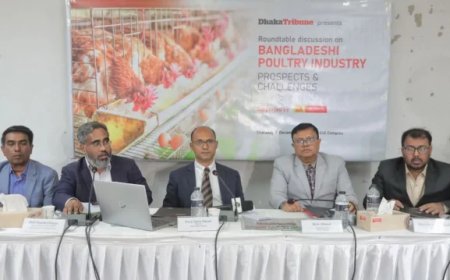Genocide Alert: The Plight of the Jumma People in Bangladesh
Genocide Alert: The Plight of the Jumma People in Bangladesh
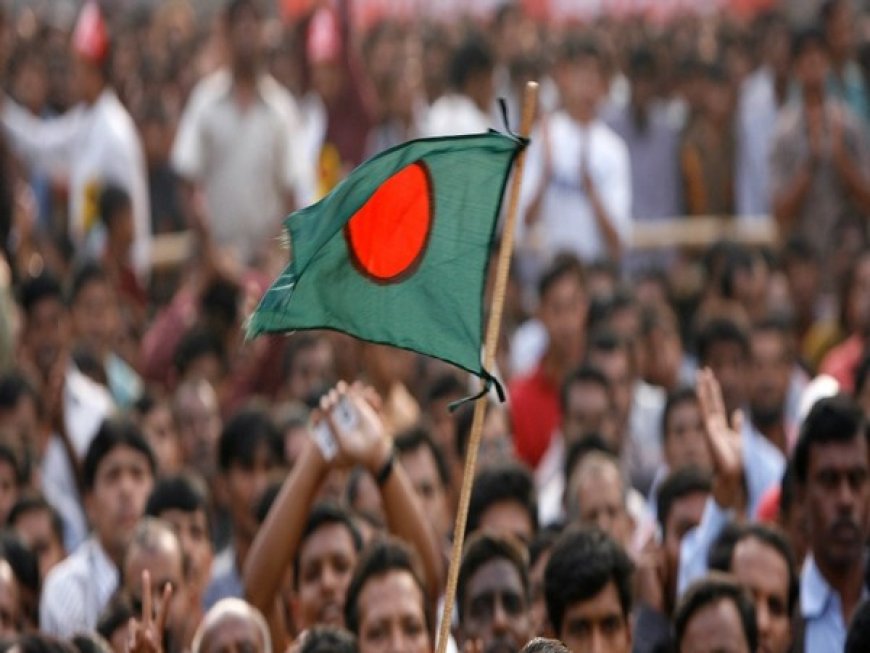
Genocide Watch Issues Warning for the Jumma People in Bangladesh
Background
The Jumma people, Bangladesh's indigenous population, primarily reside in the Chittagong Hill Tracts (CHT) in the southeast of the country. This community encompasses 12 distinct ethnic groups, including the Chakma, Marma, Tripura, Tanchangya, Mro, and others. Their distinct languages, cultures, and religions set them apart from the majority Bengali Muslim population. Historically, they have endured social, economic, and political marginalization, displacement, and persecution. These challenges persisted after Bangladesh's independence, exacerbated by forced displacement, land confiscation, and denial of their identity under the country's constitution.
Systematic Displacement and Violence
The Bangladesh government’s "transmigration program" relocated over 400,000 Bengalis to the CHT without consulting the Jumma people, leading to violent land seizures and altering the region’s demographics. Since 1972, military forces and Bengali settlers have perpetrated widespread atrocities, including rape, forced evictions, destruction of property, torture, and murder. Experts describe these actions as "creeping genocide."
The 1997 CHT Peace Accord and Ongoing Violations
In 1997, the Parbatya Chattagram Jana Samhati Samiti (PCJSS), representing the Jumma people, signed the CHT Peace Accord with the Bangladeshi government. The accord promised special governance, demilitarization, and land dispute resolution. However, these provisions remain largely unimplemented, maintaining tensions and systematic persecution. The UN Special Rapporteur on Religious Intolerance noted that these actions threaten the cultural and religious survival of the Jumma people.
Current Situation
Bengali settlers now outnumber the Jumma population in the CHT. The Jumma people face judicial harassment, denial of land rights, arson, and property destruction. The Bangladesh military has been complicit in these acts, with perpetrators enjoying widespread impunity. In 2020 alone, 889 rapes of Jumma women and girls were reported, with many more unreported due to fear. Indigenous advocates face targeted killings, and religious sites have been attacked without accountability.
Stages of Genocide in Bangladesh’s Treatment of the Jumma People
Genocide Watch identifies the following stages of genocide present in the CHT:
- Stage 3: Discrimination
- Stage 5: Organization
- Stage 8: Persecution
- Stage 10: Denial
Recommendations by Genocide Watch
- Bangladesh should ratify international conventions protecting indigenous peoples, such as the ILO C.169 and the UN Declaration on the Rights of Indigenous Peoples (UNDRIP).
- The government must fully implement the 1997 CHT Peace Accord.
- Authorities should investigate and prosecute crimes, including rape and sexual assault, against Jumma individuals.
- Bangladesh should adopt UN human rights recommendations, including those from the most recent Universal Periodic Review.
- Immediate action is needed to halt the ongoing genocide and protect the identity, culture, and existence of the Jumma people.
The Jumma people's struggle for justice underscores the urgent need for accountability, human rights protection, and adherence to international commitments.
What's Your Reaction?







